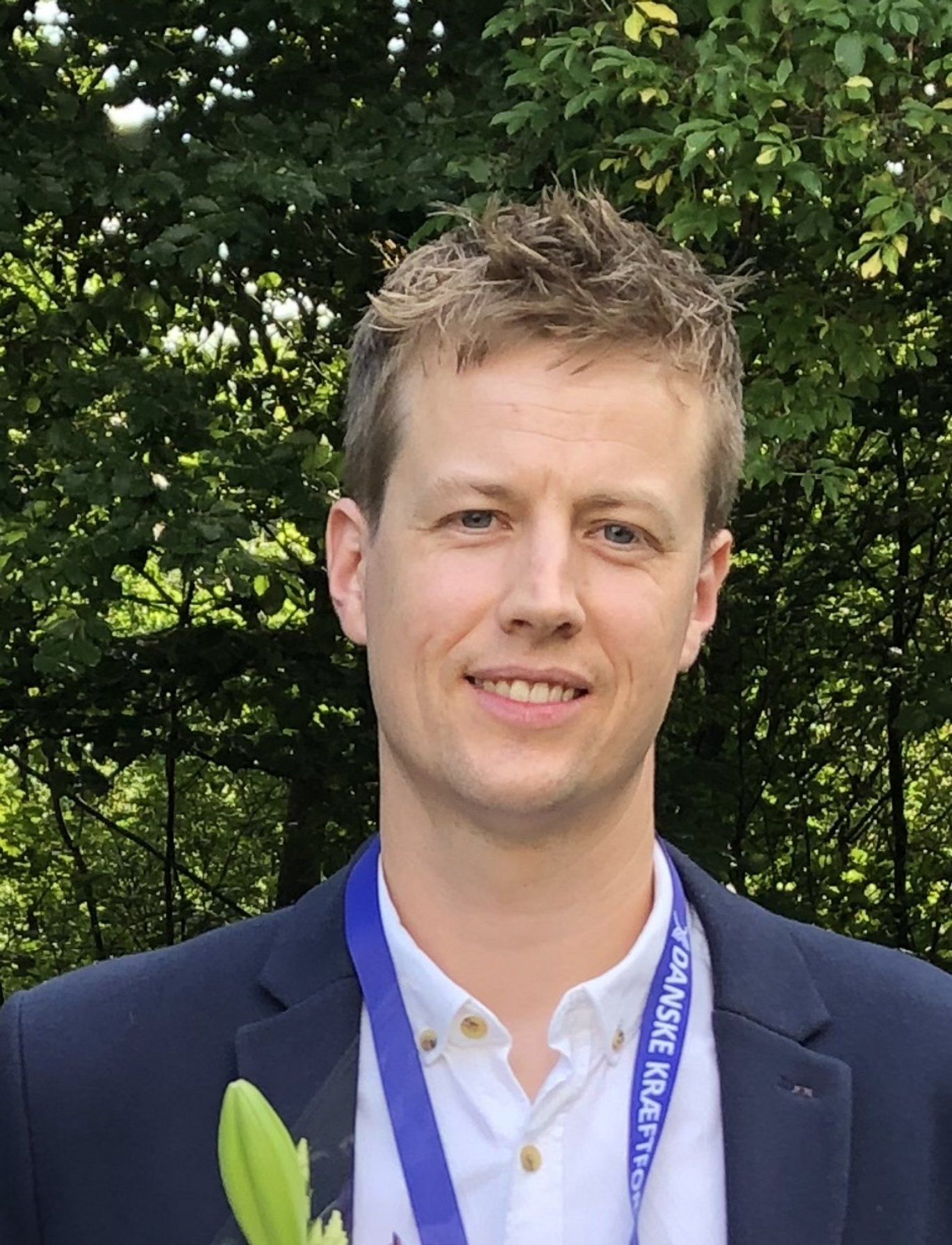Artificial intelligence can predict pancreatic cancer
Researchers from Gastrointestinal Surgery at the Department of Clinical Medicine at Aarhus University and Aarhus University Hospital have developed an algorithm that, using data from registers, can identify Danes who have a risk of up to 10% of having undetected pancreatic cancer, and who could therefore benefit from targeted screening.

Pancreatic cancer is a very serious disease. It affects approximately 1,100 Danes every year, and the number of cases is increasing. Unfortunately, less than ten percent are alive five years after diagnosis. Surgery is the only curative treatment, but surgical treatment can unfortunately only be offered to about 20 percent of the patients, because most patients have too widespread disease when it is discovered to be operated on.
Unfortunately, there are very few - and often vague and unspecific - symptoms associated with undetected pancreatic cancer, which reduces the chances of making an early diagnosis.
In previous studies, lecturer Jakob Kirkegård, who last year received the Cancer Society's Junior Researcher Award, and professor, chief physician Frank Viborg Mortensen, in collaboration with epidemiologists and statisticians from the Clinical Epidemiological Department, have shown that if the disease can be detected before it has spread to the lymph nodes, the chance of recovery through surgical treatment is greater.
In a new study, the researchers have used artificial intelligence in the form of an algorithm developed by cand.scient.soc. Anders Bo Bojesen to calculate the risk of pancreatic cancer based on data from the Danish health registers. Through information about every Dane's age, family members with pancreatic cancer, medical history, blood test results, contact with general practitioners, and prescription medication, the researchers have developed an algorithm that can predict which patients will be diagnosed with pancreatic cancer.
"With artificial intelligence, we can identify people in the population who have a high risk of having undetected pancreatic cancer, which is one of the most serious forms of cancer. The algorithm can run "live" on the Danish health registers, and it will be able to daily identify who can benefit from being examined for pancreatic cancer with a CT scan," says Jakob Kirkegård.
The algorithm can identify subgroups with up to a ten percent risk of undiagnosed pancreatic cancer. With such a high risk, there is great potential for focused cancer screening in these individuals.
The model was developed by examining how register data from people with pancreatic cancer has changed leading up to the diagnosis. The researchers have therefore now started testing the algorithm by examining which individuals, identified by the model as high-risk individuals, are actually diagnosed with pancreatic cancer. In the future, the researchers expect to be able to apply the model to other abdominal cancers such as colon cancer.
Behind the research result:
Study type: Artificial intelligence applied to Danish health registers.
Collaboration partners: None.
External financing: Aage and Johanne Louis-Hansens Fund, Grosserer M. Brogaard and Wife's Fund, The Fight Against Cancer.
Conflicts of interest: Anders Bo Bojesen (lead author) is employed by Novo Nordisk.
Contact:
Ph.D. Jakob Kirkegård
Associate Professor at the Department of Clinical Medicine, Aarhus University, physician at the Department of Gastrointestinal Surgery, Aarhus University Hospital
kirkegaard@clin.au.dk
+45 24 98 11 98
Professor Frank Viborg Mortensen
Department of Clinical Medicine, Aarhus University
Chief Physician at the Department of Gastrointestinal Surgery, Aarhus University Hospital
frmort@rm.dk
22 51 72 96
Cand.scient.soc. Anders Bo Bojesen
Department of Gastrointestinal Surgery, Aarhus University Hospital
anders@socioskop.dk